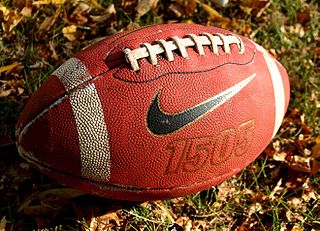Brain injuries and concussions resulting from playing football are hurting and permanently damaging not only professional athletes and their families but also college players and even school-age students playing high school football (or younger).
This isn’t really up for debate at this point (see our earlier posts), although many continue to argue that football is safe enough if you wear a helmet (it’s not) and that minor concussions aren’t dangerous (they are).
Maybe more people and players will take the dangers of permanent brain injury while playing football seriously now.
Why?
Last week the National Football League (NFL) released new information regarding pro football players that is shocking: around 25% of NFL athletes can expect to fight against serious brain injuries in their future years, involving things like dementia and Alzheimer’s Disease, Lou Gehrig’s Disease, Parkinson’s Disease, and more.
These predictions are based upon research studies undertaken by a third party group hired by the NFL as part of the courtroom battle begun by ex-football players who have sued the NFL for damages they have sustained by playing football over the years. The Segal Group completed this study, and it was filed in the discovery of the lawsuit, as part of the federal lawsuit filed in Pennsylvania.
The report was done in order to advocate for the federal judge to approve the settlement agreement that the NFL has entered into with the plaintiffs; the deal cannot go through and be finalized until Judge Anita Brody approves its terms. In fact, the United States District Judge ordered studies to be done in order to help her make a decision on the fairness of the proposed settlement agreement.
NFL Football Players Have Very High Risk of Mental Illness and Disease
From the studies, we now know:
1. Around 6000 of the 19000 ex-NFL football players will develop some sort of mental illness in the future
2. 28% of the ex-pro NFL players will face some kind of dementia diagnosis
3. The risk of former players at ages 60 to 64 years old will be 35 times that of developing dementia as those their age who did not play pro football.
4. The risk of former players between 50 and 59 years old is 14 to 24 times higher of developing dementia as those their age who did not play football.
To read more about the NFL’s pending concussion litigation settlement, check out the details provided in the NFL’s July 2014 press release.
If you or a loved one may have suffered a brain injury while playing football (at any level of competition), then you may have a personal injury claim for damages to cover harm both now and in the victim’s long term future. Know your rights.


